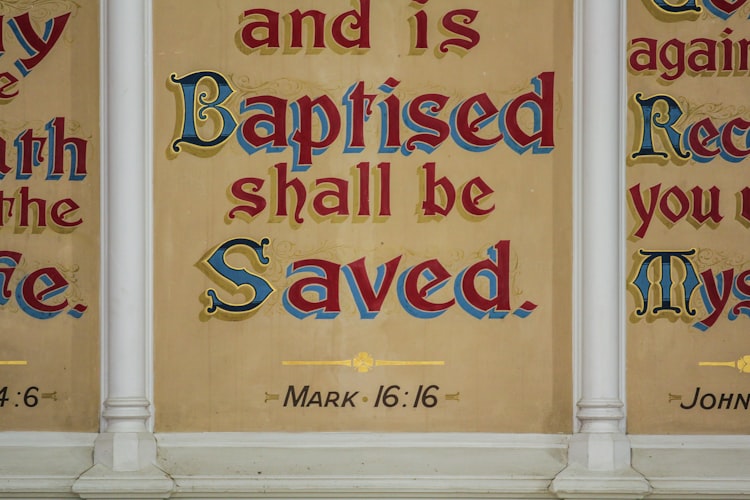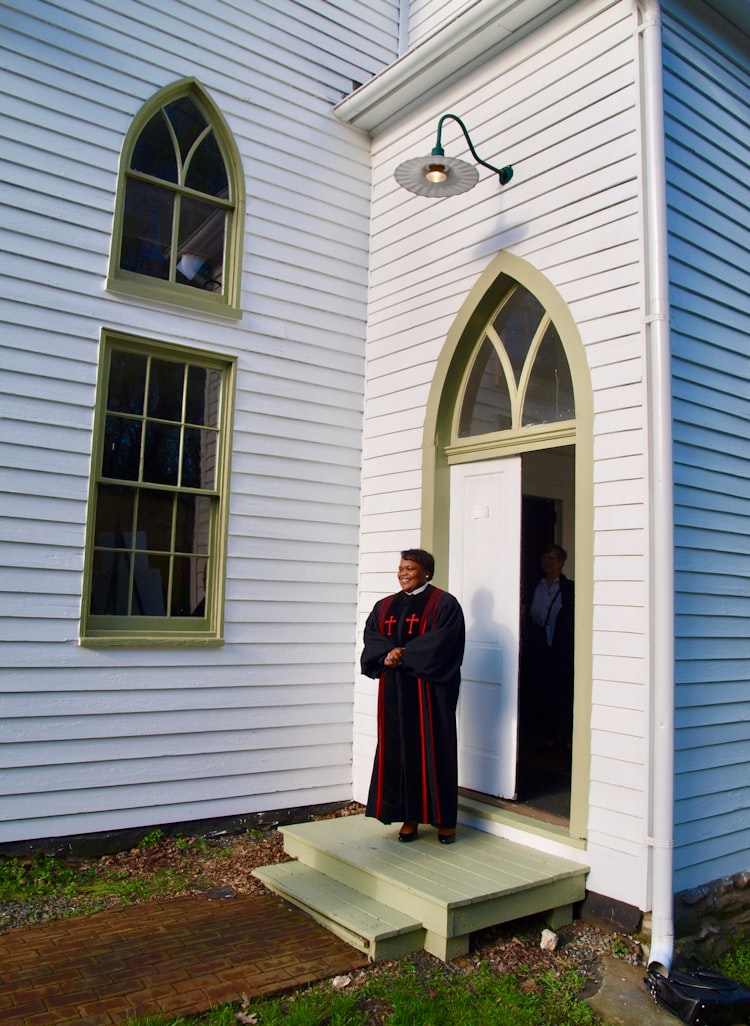Blasphemy of the Holy Spirit
Mark 3:28-30 and its similar passages in Matthew and Luke are pretty often misread. People misread it as, "God is physically incapable of forgiving someone who has blasphemed the Holy Spirit."
But that's not what it says at all. It says, "Whoever blasphemes against the Holy Spirit will never be forgiven." Or Luke 12:10, "Will not be forgiven." You could—I think, accurately—add in the words, "Allow themselves to be forgiven."
In other words, it's not a statement about what God can or can't do. It's a statement about what the person will allow to happen.
Imagine a situation in which you think I am a terrible person who wants to hurt people. And you tell me that. And I say to you, "Reader, I forgive you." And you just kept yelling at me, "No, you don't! You're terrible; you don't forgive anyone!" And no matter how often I say, "I forgive you," you refuse to believe me.
That's what Jesus is talking about with blasphemy of the Holy Spirit. It's' not God's refusal to forgive you. It's the refusal to believe that God is capable of forgiving you.
As theologian Thomas Oden said in Classic Christianity:
Blasphemy against the Spirit, however, is not unforgivable in the sense that God is powerless or unwilling to forgive, but in the sense that the sinner is militantly unwilling to receive forgiveness. It is not that the sin is unpardonable because the atoning work of the Son is not sufficient for that sin. Rather the work of the Son is sufficient to salvation, but if that work is willfully demeaned, blocked, and detested by those for whom it would otherwise be entirely sufficient (Heb. 6:4–6), this sin is said to be unforgivable because as long as we are so deluded that we cannot repent, we have chosen not to be forgiven, having voluntarily closed off the possibility of being forgiven by closing ourselves to the Spirit.
Remember, Paul wasn't lying when he wrote, "There is nothing that can separate us from the love of God."



Member discussion